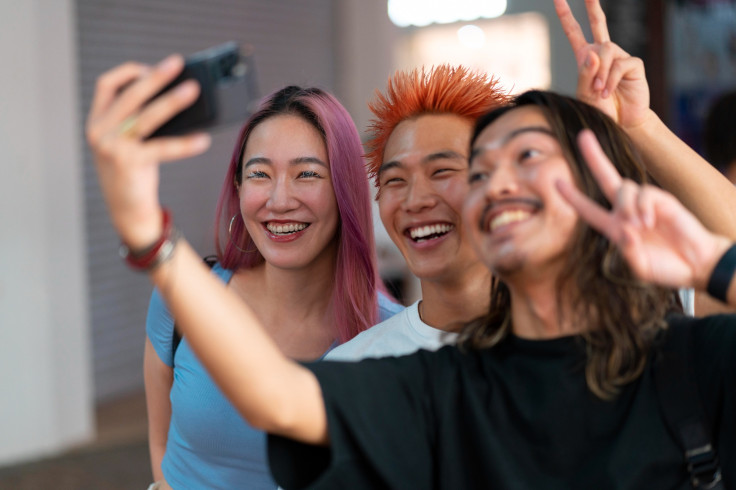China Censors Online Freedom? New Influencer Law Demands Degrees to Discuss Health, Law, Finance
A new rule forces Chinese influencers to hold formal qualifications before speaking on key professional subjects

China has passed a sweeping new influencer law requiring anyone discussing health, law, education, or finance online to hold a verified academic degree or professional licence.
The rule, enforced from 25 October 2025, extends the government's digital oversight and marks a sharp escalation in how China regulates speech on social media platforms like Douyin, Weibo, and Bilibili.
The law is part of a broader effort by the Cyberspace Administration of China (CAC) to curb misinformation and reinforce content accountability.
The regulation aims to distinguish between opinion and expertise, requiring influencers to provide proof of qualifications before posting content in these fields.
Platforms such as Douyin (China's TikTok), Weibo, and Bilibili are now responsible for verifying influencer credentials and ensuring that posts include proper citations and disclaimers.
Platforms Face New Oversight Duties
The CAC's directive places significant responsibility on tech platforms to enforce compliance. Influencers must clearly state when their content is based on academic studies or includes AI-generated elements. Failure to comply could result in content removal, account suspension, or legal penalties.
As reported by Net Influencer, platforms are also required to educate users about their responsibilities when sharing or reposting content. This includes flagging unverified claims and promoting digital literacy among audiences.
The law applies not only to individuals but also to agencies and brands that use influencer marketing to promote products or services in regulated sectors.
Impact on China's Influencer Economy

China's influencer economy is estimated to reach 6.7 trillion RMB in 2025, making it one of the largest in the world. The new law could significantly reshape this landscape by limiting who can speak on high-impact topics and reducing the reach of unqualified creators.
While some analysts view the move as a necessary step to combat misinformation, others argue it could stifle creativity and restrict online discourse. Critics warn that the law may be used to suppress dissent or control narratives around public health and financial policy.
According to TechStory, the regulation is seen as a historic step in China's digital governance, with implications for freedom of expression and the role of social media in public debate.
International Reaction and Censorship Concerns
The law has drawn scrutiny from international observers who view it as part of a broader pattern of online censorship in China. While the government frames the regulation as a safeguard against harmful misinformation, critics argue it could be used to silence independent voices and limit access to alternative perspectives.
Human rights advocates have raised concerns about the vagueness of enforcement criteria and the potential for arbitrary application. The requirement for degrees may disproportionately affect grassroots creators and those without formal education, despite their lived experience or practical expertise.
What Comes Next?
As the law rolls out, platforms and creators are scrambling to adapt. Influencers who previously discussed finance, legal advice, or health tips are now reviewing their content strategies and seeking formal accreditation. Meanwhile, platforms are updating moderation systems and user guidelines to align with the new standards.
The CAC is expected to issue further clarifications in the coming weeks, including guidance on acceptable credentials and enforcement protocols. For now, the law marks a significant turning point in China's approach to digital regulation—one that blends professionalisation with increased state oversight.
© Copyright IBTimes 2025. All rights reserved.




















